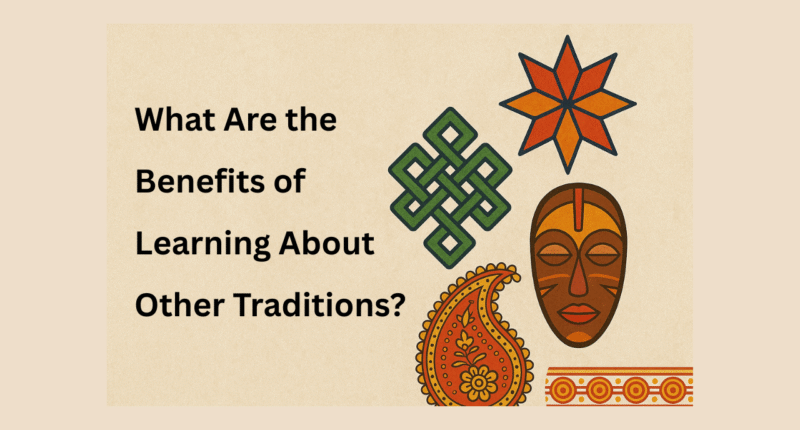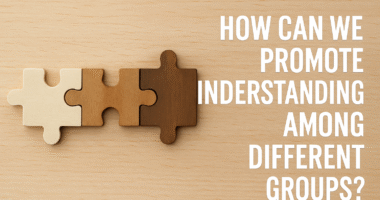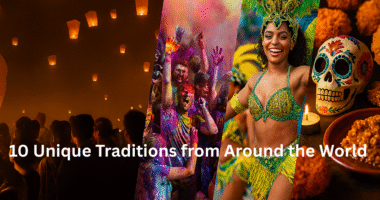In today’s interconnected world, learning about other traditions is more important than ever. Traditions reflect the values, beliefs, and customs of a community, and exploring them provides countless opportunities for personal growth, education, and unity. Whether through festivals, food, music, or rituals, gaining knowledge of different traditions enriches both individuals and societies.
Expanding Knowledge and Understanding
Appreciating Diversity
By learning about traditions beyond our own, we begin to appreciate the diversity that makes the world unique. Each tradition has its own history, meaning, and beauty, and exploring them allows us to celebrate differences rather than fear them.
Breaking Down Misconceptions
Understanding other traditions helps to reduce stereotypes and misconceptions. Instead of judging based on limited knowledge, people develop a clearer, more accurate perspective about others, leading to tolerance and respect.
Personal Growth and Enrichment
Developing Empathy
Experiencing and learning about traditions different from our own cultivates empathy. It allows us to see life from another person’s viewpoint, creating stronger human connections.
Gaining New Experiences
From tasting traditional foods to participating in cultural celebrations, learning about traditions provides unique and memorable experiences. These moments broaden horizons and help individuals discover new passions and interests.
Enhancing Creativity
Exposure to new customs, art forms, and ways of living often inspires creativity. Artists, writers, and innovators frequently draw inspiration from diverse traditions to create something fresh and original.
Educational and Career Advantages
Strengthening Education
Schools and universities that include global traditions in their curriculum give students a deeper understanding of history, literature, and social studies. This kind of knowledge encourages critical thinking and global awareness.
Boosting Career Skills
In today’s global economy, employers value individuals who can work with diverse teams. Understanding other traditions improves communication skills, adaptability, and teamwork, making learners more competitive in the job market.
Building Stronger Communities
Encouraging Unity
Communities that celebrate and respect different traditions are more inclusive and harmonious. Shared events, such as cultural fairs or festivals, bring people together and strengthen bonds among neighbors.
Promoting Peaceful Coexistence
Learning about traditions nurtures respect and reduces conflicts born from misunderstanding. It reminds us that despite differences, common human values—like love, kindness, and family—connect us all.
Conclusion
The benefits of learning about other traditions are far-reaching. It expands knowledge, nurtures empathy, boosts creativity, and enhances career and educational opportunities. Most importantly, it helps build inclusive communities and fosters peace in a diverse world. By opening ourselves to the traditions of others, we not only gain new experiences but also create a more understanding and connected society.









